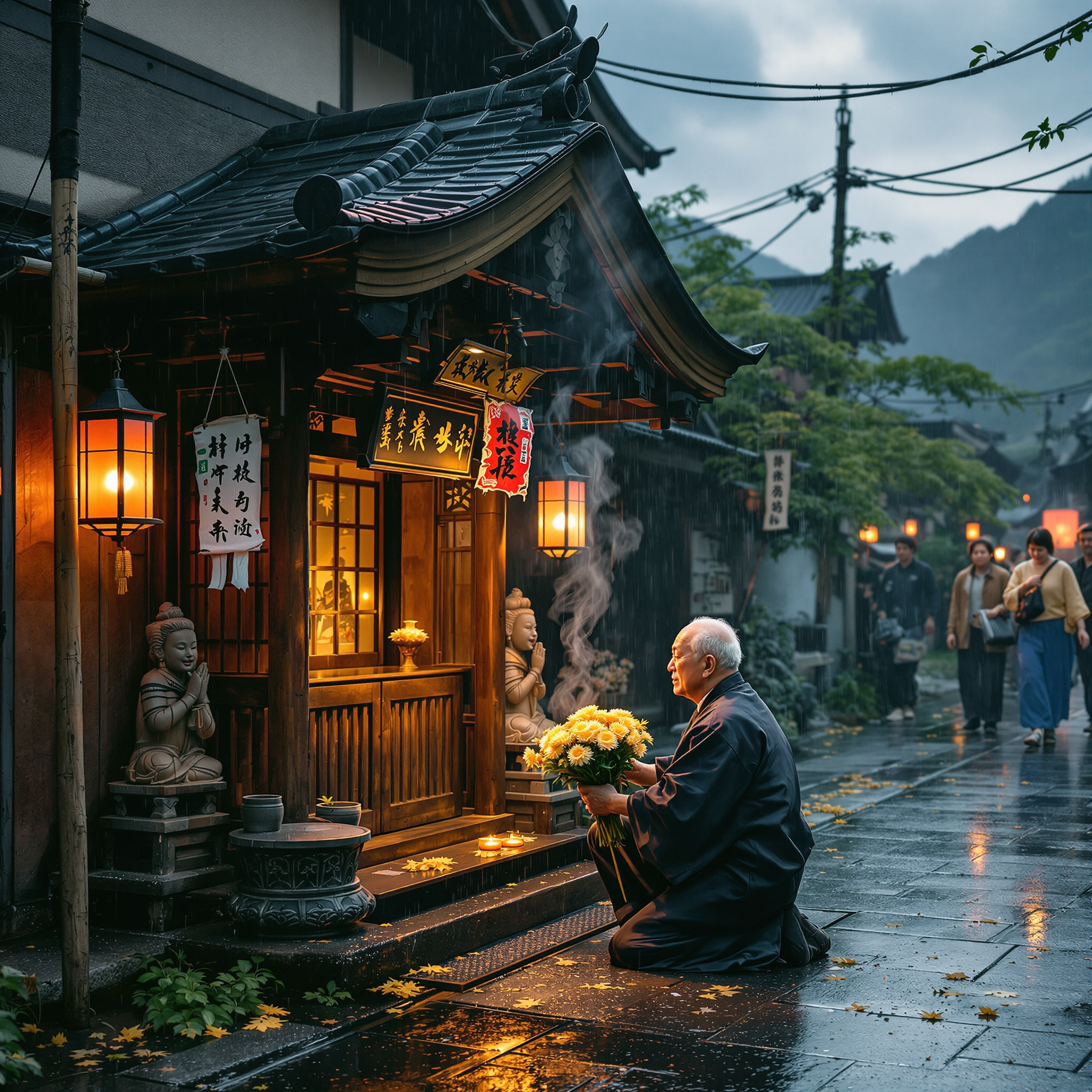Chrysanthemums are highly regarded in various cultures, particularly in East Asian traditions, where they are seen as symbols of longevity, purity, and respect. These flowers are commonly placed on altars as offerings to ancestors or deities, believed to invite blessings and preserve familial harmony. In Japan and China, they are also gifted to the elderly during festivals or birthdays, serving as a living tribute to long life and health. Typically, white or golden varieties are used in spiritual contexts due to their association with clarity and the divine. The flower is handled with care and presented with both hands, showing reverence. Certain religions or regions may use chrysanthemums during specific seasonal observances, such as the Japanese ‘Chōyō no Sekku’ (Festival of Chrysanthemums) on September 9.

A baby’s future career or fate is predicted by the first object they select during a ceremonial setup.
In several Asian and Eastern European cultures, a traditional ceremony is held for babies usually around their first birthday. Known


